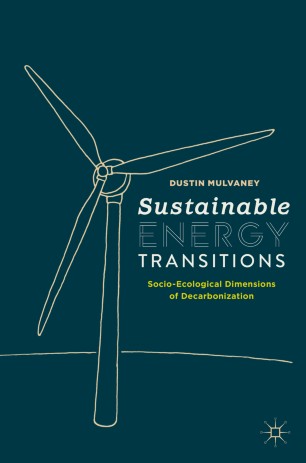

Most ebook files are in PDF format, so you can easily read them using various software such as Foxit Reader or directly on the Google Chrome browser.
Some ebook files are released by publishers in other formats such as .awz, .mobi, .epub, .fb2, etc. You may need to install specific software to read these formats on mobile/PC, such as Calibre.
Please read the tutorial at this link: https://ebookbell.com/faq
We offer FREE conversion to the popular formats you request; however, this may take some time. Therefore, right after payment, please email us, and we will try to provide the service as quickly as possible.
For some exceptional file formats or broken links (if any), please refrain from opening any disputes. Instead, email us first, and we will try to assist within a maximum of 6 hours.
EbookBell Team

5.0
40 reviewsThis textbook introduces the key concepts that underpin sustainable energy transitions. Starting with the basic biophysical principles, current sources and environmental consequences of existing energy resource use, the book takes readers through the key questions and topics needed to understand, prescribe, and advocate just and sustainable energy solutions.
The interdisciplinary nature of the book aims to build bridges across the social and natural sciences and humanities, bringing together perspectives, ideas and concepts from engineering, economics, and life cycle assessment to sociology, political science, anthropology, policy studies, the humanities, arts, and some interdisciplinary thinkers that defy categories. This accessible approach fills the gap for a textbook that integrates sustainability science and engineering studies with strong empirical social science and it will be a useful tool to anyone interested in the socio-ecological dimensions of energy system transitions.